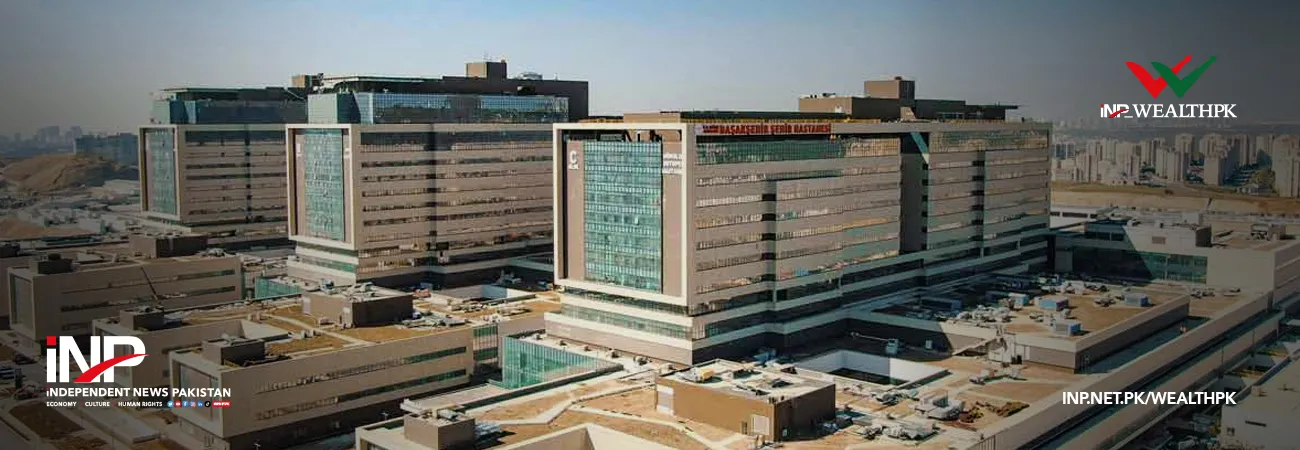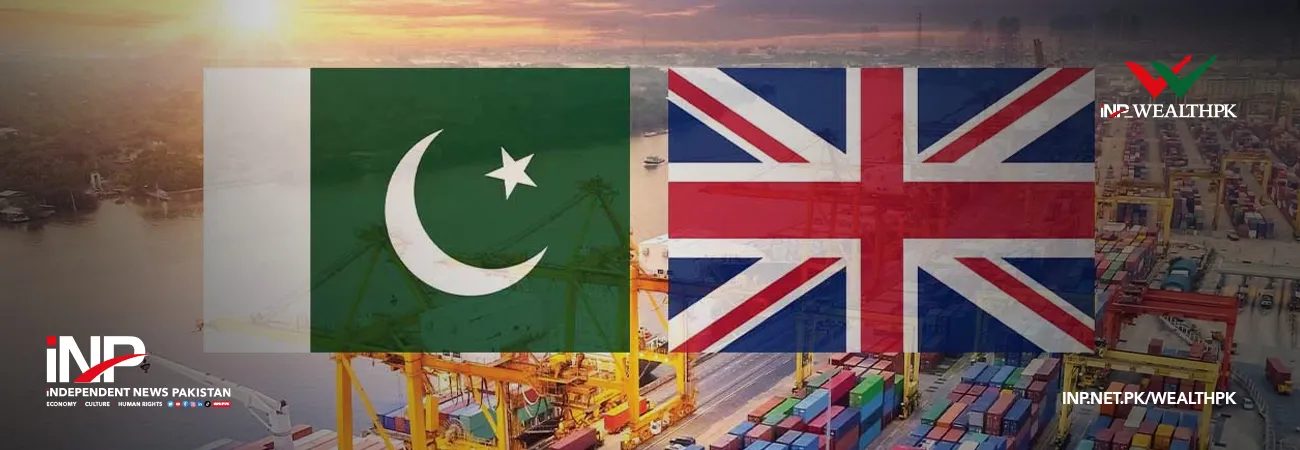INP-WealthPk
Ayesha Saba
The trade barriers and restrictions slapped by New Delhi on the Chinese companies has sent a negative signal to the international community about its commitment to be an open and inclusive economy and will harm the overall investment climate, said experts while talking to WealthPK. The Chinese smartphone giants like Vivo, Oppo, Huawei and Xiaomi are operating in an increasingly difficult business environment. The Indian government recently seized Xiaomi’s USD725 million. Besides, access to a number of Chinese applications, including WeChat and TikTok, has also been banned. Talking to WealthPK, Prof Dr. Fakhr-ul-Islam, Director of Pakistan Study Centre, University of Peshawar, and Director of Research and Academic Outreach, Institute of Policy Studies Islamabad, said, “With more than a trillion-dollar worth of trade between China and India, any barriers or restrictions could spell disaster for India.”
“Another possible factor is that the US does not want India and China to build strong relations. Both the countries share strategic interests and have developed strong diplomatic and economic ties and are cooperating on various fronts such as defense, technology, and innovation,” he said. “In spite of the fact that India and China have border conflicts, there is still a substantial amount of trade between them. China tries to separate politics from economy, while the US keeps the two intertwined.” “As far as Pakistan is concerned, it has strong relations with China but it feels sandwiched in the US-China rivalry. The CPEC plans are clear and we are aiming to align our plans with the Chinese strategy while trying to safeguard our interests,” Fakhr added.
“Gwadar Port, besides being pivotal to CPEC, can provide us with stronger naval transport links with the Gulf States, Africa, and the rest of the world. Thus, in the present situation, regional trade, in our case, that integrates economic interests and economic security of the states, may not be very easy to achieve unless we accept the ground realities and carefully develop an effective geo-economic strategy,” he underscored. Uroosa Khan, Research Associate from the China Pakistan Study Centre of the Institute of Strategic Studies Islamabad, told WealthPK, “The trade barriers and restrictions imposed by India will not only disrupt bilateral trade but also harm the overall business environment.” She said that by singling out the Chinese mobile companies, India was sending a negative signal to the international community about its commitment to be an open and inclusive economy.
“As a neighbouring country, Pakistan values healthy trade relations and mutual cooperation with China. We believe in creating an environment conducive to foreign investment, which fosters economic growth and strengthens ties between the two nations. Rather than resorting to harassment or discriminatory policies, it is crucial for the countries to engage in constructive dialogue to resolve trade disputes and concerns,” she added. Hamza Saeed Orakzai, Director of Strategic Planning at the Special Technology Zone Authority (STZA), told WealthPK, “Pakistan seeks to encourage business-to-business (B2B) cooperation and has been working to introduce an export-oriented policy. The positive sign has been seen through the FTAs, especially with China, as we have achieved a significant level of trade partnerships, which will definitely be improving in the coming time.”
“India's IT sector is recognized globally for its significant contributions to the industry. The recent opening of Apple stores in India showcases the country's growing importance in technology and consumer electronics market,” said Hamza. “India's huge population is becoming an asset. Pakistan should prioritize investing in quality education and technical training programs to develop a pool of skilled professionals in areas such as software development, data analytics, artificial intelligence, and cybersecurity,” he added. Talking to WealthPK, Majid Shabbir, Secretary General of Islamabad Chamber of Commerce and Industry (ICCI), said, “Pakistan has to do away with the red tape to ensure an efficient business environment that will pave the way for an influx of investments.”
“Owing to political instability, lengthy government regulatory framework, high transaction costs and trade barriers in Pakistan, new investors find it very difficult to operate. The government needs to reduce the cost of doing business, provide tax incentives, reduce import and export procedures, and simplify foreign direct investment (FDI) regulations,” said Majid. “Attracting multinational companies and bringing technological advancements in the IT sector is the dire need of the hour for creating job opportunities, and increasing exports,” he added.
Credit : Independent News Pakistan-WealthPk













